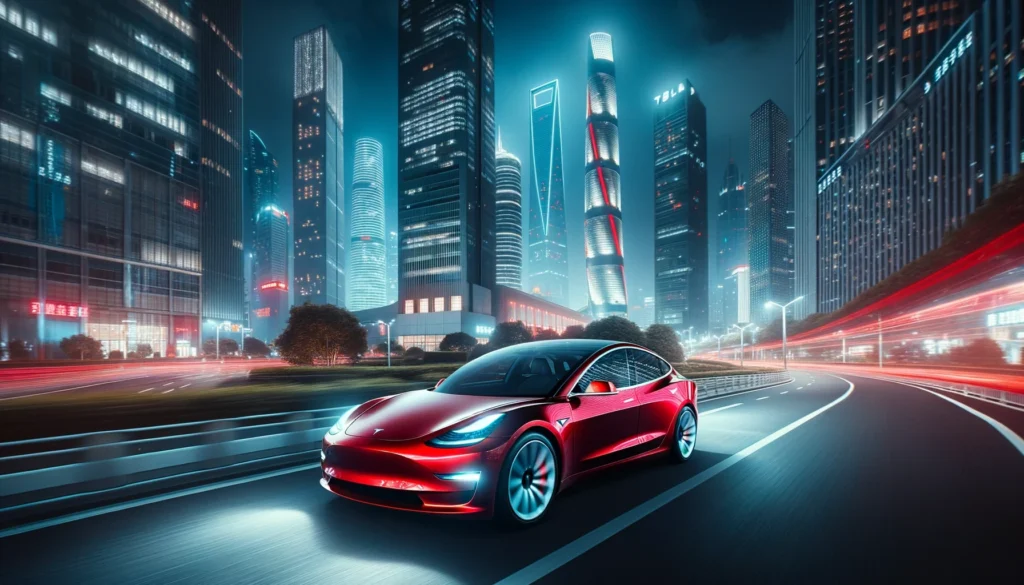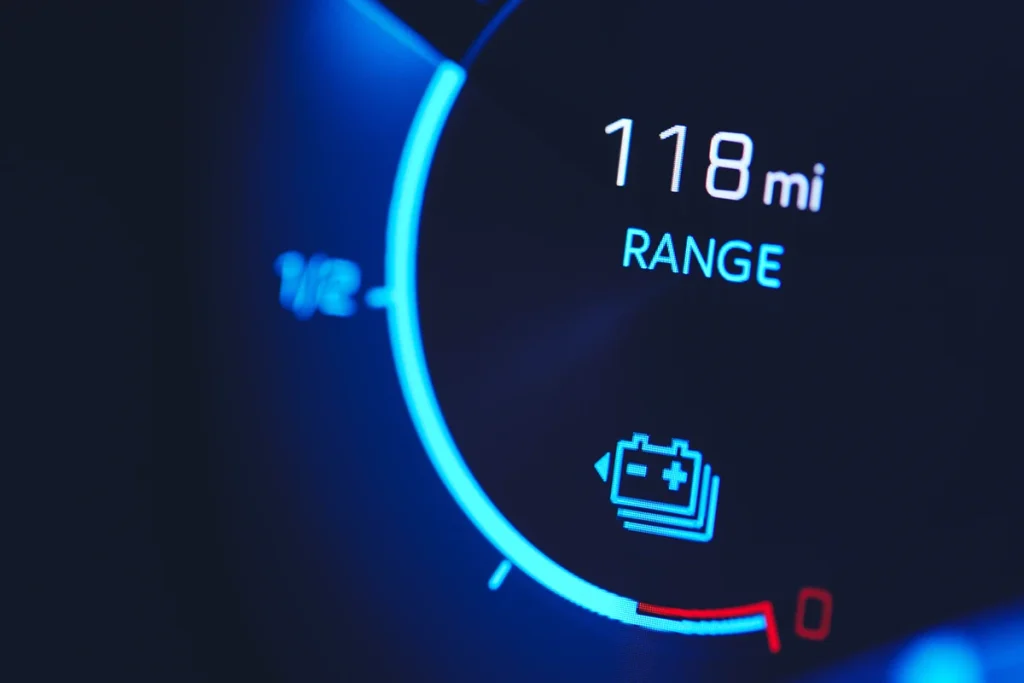Tesla, the renowned American automaker known for its electric vehicles (EVs), has recently faced a significant setback in China. According to data from the China Passenger Car Association (CPCA), Tesla’s China-made EV sales in September saw a decline of 10.9% compared to the previous year. This downward trend raises concerns about the company’s performance in one of the world’s largest EV markets.
A Closer Look at the Numbers
In September, Tesla sold 74,073 China-made EVs, marking a noticeable decrease from the previous year’s sales figures. Furthermore, sales of the China-made Model 3 and Model Y cars experienced a 12.0% drop compared to the previous month. These figures highlight Tesla’s current challenges in the Chinese market, where competition is fierce and consumer preferences are rapidly evolving.
On the other hand, Tesla’s Chinese rival, BYD, witnessed a substantial increase in passenger vehicle deliveries. The company’s Dynasty and Ocean series of EVs, along with its petrol-electric hybrid models, recorded a growth of 42.8%, with 286,903 units sold in September. This contrast in performance between Tesla and BYD underscores the intense competition within the Chinese EV market.
Factors Contributing to Tesla’s Decline in China
Several factors could have contributed to Tesla’s decline in EV sales in China. Firstly, the ongoing global chip shortage has significantly impacted the automotive industry, leading to production delays and disruptions. Tesla, unfortunately, was not immune to these challenges. Planned upgrades at its factories to roll out a newer version of the Model 3 sedan resulted in the production of 2halts, which likely affected the company’s ability to meet market demands and fulfill customer orders promptly.
Moreover, Tesla’s pricing strategy in China may have played a role in the decline. In September, the company unveiled a restyled Model 3 with a starting price of 259,900 yuan, representing a 12% increase compared to the previous model. This price hike could have deterred price-sensitive Chinese consumers, who may have opted for more affordable alternatives offered by competitors in the market.
Speaking of competitors, Tesla faces fierce competition from local Chinese EV manufacturers. Companies like BYD have successfully captured a significant market share by offering a diverse range of EVs and hybrid models at competitive prices. This poses a challenge to Tesla, which needs to continuously innovate and adapt its offerings to cater to the specific demands of Chinese consumers.
The Impact of Government Policies and Consumer Sentiment
Government policies and consumer sentiment play a crucial role in shaping the performance of the EV market in China. To encourage the adoption of green vehicles, the Chinese government has implemented various incentives and subsidies for EV buyers. However, recent changes in these policies, including reductions in subsidies, have impacted consumer sentiment and purchasing decisions.
Tesla and its competitors are now bracing for a potential revival in consumer sentiment. The recent signs of economic stabilization and deeper discounts and tax breaks for green vehicles offer hope for a rebound in demand. As the Chinese economy continues to recover, consumers are expected to regain confidence in making EV purchases, potentially benefiting Tesla and other automakers in the market.
Tesla’s Response and Future Outlook
Despite its current challenges, Tesla remains committed to maintaining its position as the largest exporter of China-made EVs. The company aims to regain momentum in the Chinese market by offering attractive incentives and discounts to potential buyers. Tesla’s ability to adapt, innovate, and cater to the specific needs of the Chinese market will be crucial in its efforts to regain market share.
Moreover, Tesla’s recent introduction of a restyled Model 3 with a higher price tag indicates the company’s confidence in the Chinese market’s potential. By offering upgraded features and enhancements, Tesla aims to attract consumers who prioritize quality, performance, and the brand’s reputation for innovation.
However, Tesla’s challenges extend beyond the decline in sales. The company is also facing an investigation by the European Commission into subsidies for battery-powered cars from China. This investigation, which involves other Chinese automakers like Renault, adds another layer of complexity to Tesla’s global operations.


